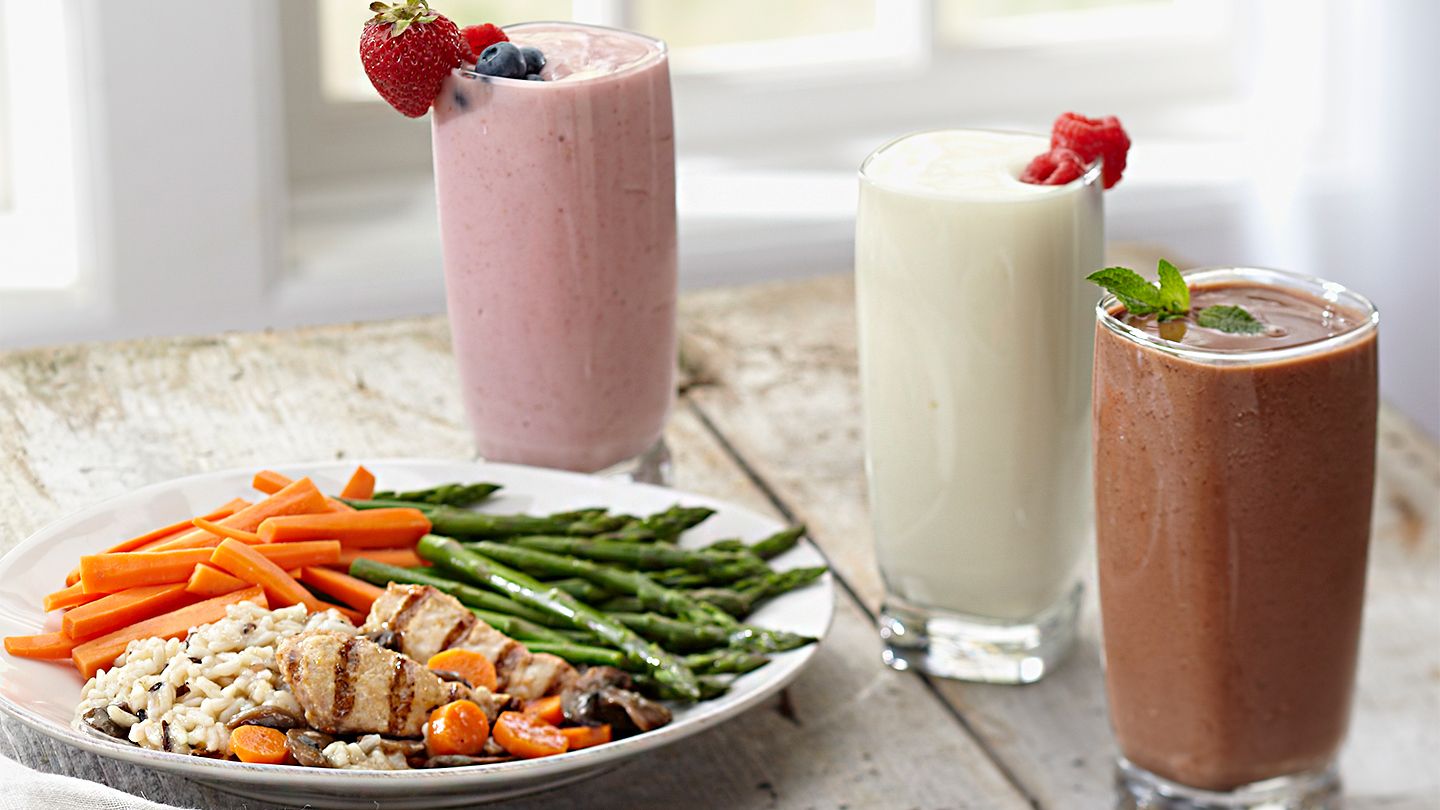Smart Ways to Enhance Your Protein to Calorie Ratio in 2025
Understanding the Importance of Protein to Calorie Ratio
In the quest for optimal health, nutrition plays a vital role, particularly when it comes to managing body composition and weight. Among the numerous dietary aspects to consider, the protein to calorie ratio stands out as a crucial factor in meal planning and food choices. This ratio signifies the balance between consuming sufficient protein while managing caloric intake, a significant concept for those on low-calorie diets or aiming for muscle building.
In 2025, with rising awareness about macronutrient balance, enhancing the protein to calorie ratio can lead to better nutrition outcomes. High protein foods not only promote muscle recovery and support weight loss, but they also contribute to overall health when integrated into a balanced diet.
This article delves into practical strategies to enhance your protein to calorie ratio, covering key protein sources, protein intake recommendations, and the role of meal timing in achieving your dietary goals. Expect to learn valuable tips on optimizing your protein consumption, understanding energy balance, and effective meal prep tips to maintain a healthy lifestyle.
By focusing on these strategies, you can optimize your nutrient timing and maximize the benefits of your meals. Let’s explore how maintaining an ideal protein intake can be essential in achieving both fitness and weight management goals.
Key Protein Sources for Enhancing Your Diet
Building a diet rich in protein starts with understanding the variety of protein sources available. Both animal and plant-based proteins can contribute significantly to your protein to calorie ratio. Lean meats, poultry, and fish, such as chicken breast and salmon, are excellent low-fat protein sources that offer high protein content without excessive calories.
Additionally, dairy proteins like Greek yogurt and cottage cheese provide a great balance of protein and essential nutrients. If you are vegan or vegetarian, legumes such as lentils, chickpeas, and various beans serve as effective protein-rich meals, providing considerable protein while being low in calories.
Don’t overlook the role of protein supplements like protein shakes and protein bars, especially for those seeking convenience post-workout. However, it’s essential to choose high-quality protein powders, including whey, casein, and plant-based options like pea and soy protein.
Consistently incorporating a variety of these protein-rich foods can ensure not only adequate protein intake but will also keep meals diverse and enjoyable, which is key in maintaining dietary adherence. Let’s discuss how to calculate ideal protein requirements and adapt them according to your lifestyle needs.
Calculating Your Ideal Protein Intake
Determining your protein requirements is essential to enhance your protein to calorie ratio. Various factors influence these needs, including age, sex, physical activity level, and overarching health goals, such as muscle building or weight loss.
For most adults, the recommended protein intake generally falls around 0.8 grams of protein per kilogram of body weight. However, for those engaging in regular strength training or sports nutrition—particularly athletes—this figure may rise significantly, reaching up to 1.2 to 2.0 grams per kilogram. Understanding these numbers allows you to structure your meals around high protein foods, thus keeping the calorie content in check.
Proper nutrition education can help individuals make informed decisions, ensuring their meals are strategically composed. Furthermore, tracking your protein intake alongside total calorie consumption can facilitate a better understanding of how to optimize your macronutrient balance.

Meal Prep Tips for a High Protein Diet
Effective meal preparation plays a significant role in maintaining an optimal protein to calorie ratio. By planning and preparing meals ahead of time, you can ensure you have access to protein-rich options that fit your nutritional goals. Start by selecting protein sources that are easy to prepare and can be incorporated into various meals.
Batch cooking lean meats, legumes, and whole grains can save time and guarantee you have nutritious options ready for meals and snacks. Additionally, using tools such as portion sizes and measuring servings while cooking allows for accurate calorie management, ensuring you meet your recommended protein intake without exceeding unwanted calories.
Incorporate a mix of flavors and textures in your meals by using different herbs, spices, and vegetables. This approach not only makes your dishes more appealing but also enriches your meals with additional nutrients, boosting overall health and wellness.
Lastly, consider implementing a consistent time for meals to support efficient nutrient absorption and protein timing, particularly surrounding the post-workout phase to aid in muscle recovery. With these strategies, you can effectively manage protein consumption while maintaining a balanced diet.
Protein Timing and Its Role in Nutritional Success
Besides the types and amounts of protein consumed, the timing of protein intake can significantly impact your results. It’s essential for individuals—especially athletes—to consume protein strategically throughout the day for optimal muscle recovery and protein synthesis.
Research indicates that distributing protein intake across meals enhances muscle protein synthesis compared to consuming it all at once. Spacing your protein-rich meals and snacks can lead to better nutritional outcomes, including improved body composition and muscle mass gain.
For those engaging in high-intensity workouts or strength training, integrating specific post-workout nutrition with protein-rich snacks can help in the overall recovery process. Protein timing around workouts, usually within a 30-minute to two-hour window, is crucial for replenishing nutrient stores and supporting muscle repair.
For anyone looking to understand better the interaction between protein and exercise, creating a detailed meal plan tailored to incorporate these timing strategies can significantly shift nutritional outcomes towards success.

Common Myths Surrounding Protein Consumption
As with any area of nutrition, misconceptions about protein consumption abound. One common myth is that high protein diets are harmful to kidney health; while moderate protein intake is essential, excessive consumption should be evaluated within the context of overall health. Individuals with pre-existing conditions should consult healthcare professionals regarding their protein needs.
Another myth is that all protein sources are equal. In reality, the quality of protein varies across different foods. Complete proteins, which contain all essential amino acids, are more beneficial compared to incomplete sources. Understanding the quality and quantity of dietary protein will help in achieving remarkable health outcomes.
Finally, the belief that high protein diets guarantee weight loss is misleading. While protein can enhance satiety and help manage caloric intake, it’s vital to integrate it into a well-rounded diet. Balancing protein with healthy fats and carbohydrates is crucial for sustainable weight management and overall health.
Frequently Asked Questions about Protein to Calorie Ratio
What are the best sources of protein for weight loss?
Lean meats, eggs, dairy products, legumes, and plant-based proteins like chickpeas and quinoa are excellent sources of protein that can aid in weight loss when consumed as part of a balanced diet.
How can I track my protein intake effectively?
Utilizing mobile apps aimed at nutrition tracking can simplify the process of monitoring protein consumption. These platforms can help you log meals and snacks to ensure you’re hitting your protein goals.
Is it necessary to take protein supplements?
For many, a whole-foods diet can adequately meet protein needs. Supplementation can be beneficial for athletes or those with specific dietary restrictions, ensuring they meet their protein requirements without excessive calories.
How does protein affect muscle recovery?
Protein plays a crucial role in muscle recovery post-exercise. It provides the necessary building blocks for repairing and rebuilding muscle tissue, especially when consumed soon after workouts.
Can I increase my protein intake without gaining weight?
Yes! By focusing on low-calorie protein sources and balancing macronutrients, you can effectively enhance your protein intake without a caloric surplus.
